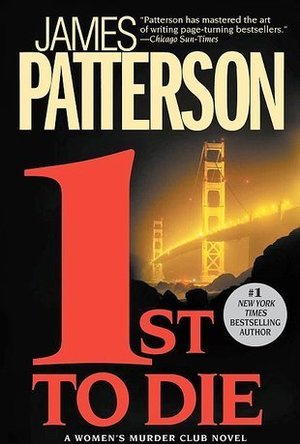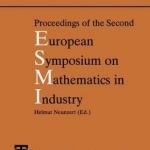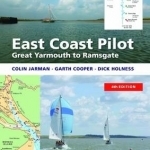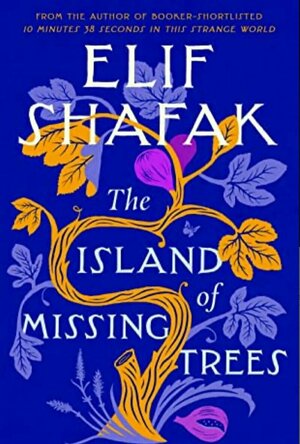ClareR (6062 KP) rated The Island of Missing Trees in Books
Sep 28, 2021
There’s a feel of Romeo and Juliet about this: a Greek-Cypriot boy (Kostas), and a Turkish-Cypriot girl (Defne) fall in love - something forbidden in the climate they’re living in. They meet in secret in a tavern that has a fig tree growing through the centre of it. This is a significant tree - it’s one of the main narrators of this story. And what a story it has to tell. It talks about the natural world in which it lives, the humans that it comes into contact with, the conflict it lives through, the sorrow, the loss.
This book describes the fracturing of a country, people forced to leave the country they love. Kostas is one of these people. He moves to London to live with his uncle, but he never seems to feel as though he fits in in there. He does follow his passion though, and becomes an expert in Natural History: the trees and plants around him, around the world, and in his native Cyprus. Which is what brings him and Defne back together, and reunites them with the fig tree.
The three of them return to London together, all cast adrift from their homeland.
Later, Kostas and Defne’s daughter carries this feeling of not quite belonging as well, but her father doesn’t seem to be able to give her what she needs. She knows nothing of her roots: she has no contact with her Cypriot family - until the day her aunt arrives.
The way that Shafak writes about loss and the pain of loss is visceral, but there’s a great deal of hope and the promise of healing. This book just has it all. I was completely enveloped in this story, and I’ve been left with a pressing need to read everything else that Elif Shafak has written!
Many thanks to Jellybooks and Penguin for providing me with a copy of this book to read.

1st to Die (Women's Murder Club, #1)
Book
James Patterson, bestselling author of the Alex Cross novels Along Came a Spider, Kiss the Girls,...

LEGO® DUPLO® Town
Games and Entertainment
App
BUILD – EXPLORE – PLAY! Let your young child build creative, virtual play houses with fun,...

Anatomy and Physiology I
Education and Medical
App
Bold Type Media: Anatomy and Physiology I is a study app to help you master first semester college...

My Little Musician— Producing Melodies
Education and Games
App
Children like to hear melodies and tunes. Have them take the stage and produce melodies of their...

Painting Lulu Transformers Rescue Bots Coloring App
Book and Games
App
The official Transformers Rescue Bots companion app for Painting Lulu's coloring set! *** Full...

Loving and Leaving Washington: Reflections on Public Service
Book
Middle ground lost John Yochelson was seventeen when he first heard President Kennedy'scall, "Ask...

European Consortium for Mathematics in Industry: v. 3: Proceedings of the 2nd Symposium
Book
"Mathematics in Industry" - since the volume containing the proceedings of the 1985 Oberwolfach...

East Coast Pilot: Great Yarmouth to Ramsgate
Colin Jarman, Dick Holness and Garth Cooper
Book
Since its launch East Coast Pilot has become the most popular pilot book for the creeks, harbours...

